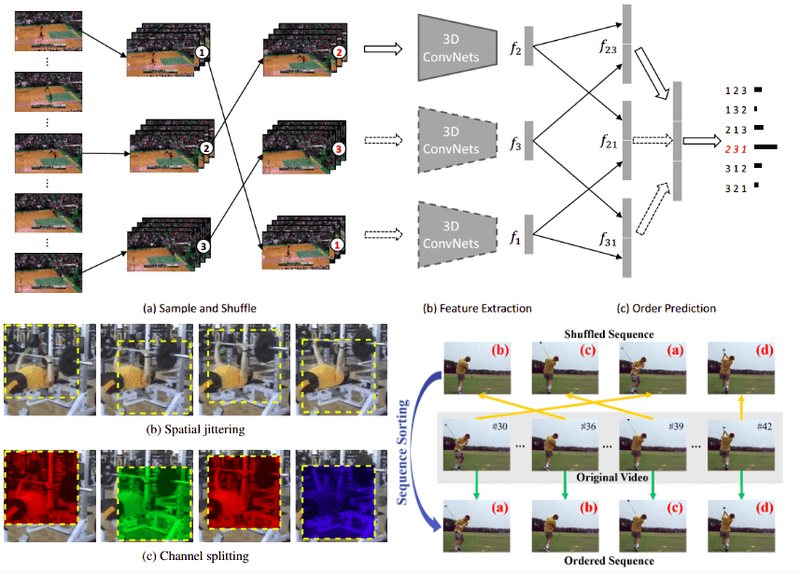
Artificial intelligence is transforming the education landscape.
Dear Editor,
Across universities worldwide, a recurring scenario unfolds in academic departmental meetings. A lecturer who is correcting a student’s written formative assessment believes something is off. In some cases, the student’s style of writing does not match earlier work submitted or it incorporates a certain cadence, structure, or vocabulary that does not correspond with the instructions given. The colleague is left to wonder whether the task was completed using generative artificial intelligence (AI) or by a more competent other. Another colleague then raises concerns over the accuracy and bias of AI-detection tools. The issues are discussed for a while, but then the conversation stalls and things remain unchanged.
Indubitably, AI is exponentially transforming the educational landscape. In fact, many academic research conferences are now focused on the topic with the aim of understanding better its opportunities, threats, and implications for higher education. Notwithstanding, there is consensus that one of the most affected areas is assessment.
I had a recent experience on Wednesday. I teach a beginning level French course virtually at a particular university. I gave the students their final written assessment. Although it is a given, I ensured to remind the students that they were under exam conditions and whatever work they produce should be their own.
As soon as the students began submitting their exam via the Moodle platform, I started to scan through their responses to see how well they managed the questions. Immediately after opening the first one I noticed something bizarre. The responses were flawless. That was an instant red flag for me. I then took my time to read everything meticulously.
Afterwards, I messaged the student via
WhatsApp. Here is an excerpt from the exchange we had:
Me: What source did you use to translate your work?
Student: sent a sticker
Me: You know this isn’t acceptable, right?
Student: This sound like when police arrest you and people say don’t speak without your lawyer present.
Me: Better you tell me before I raise it with the head of school.
Student: When you put it like that,
Microsoft Edge built-in translator
Me: Didn’t you hear me say it was supposed to be your own work?
Student: I know it was implied, I didn’t hear you say it, no
Me: Do you know this is academic dishonesty and can lead to expulsion?
Student: I was not aware of that.
What struck me was his audacity at being witty about the situation. We have been taught from as early as basic or kindergarten school that cheating is wrong.
I have completed correcting the pieces for the entire class and noticed that three other students engaged in heavy cheating. I am baffled, because I wonder if they did not expect me to notice. But it actually belittles the instructor’s intelligence, especially as I had given them a mock exercise to do prior; therefore, I know their writing capacity.
In addition to that, I have been lecturing for close to a decade now, and I know about the different language levels and what students are capable of producing at the various levels. If a student is producing nicely structured sentences with a certain degree of sophistication at the beginner’s level, it means that such a student does not need to be in the class.
The landscape that educators face is transforming at an alarming pace. The democratisation of generative AI tools, such as
ChatGPT, has opened the door to misuse by learners. However, the notion of “misuse” is now a grey area, as a number of institutions worldwide have established policies around the use of AI tools by learners, faculty, and staff, and the line delineating what constitutes appropriate use has yet to be established.
Assessment remains a critical pedagogical element, but going forward educators must think about it differently. We have to give students authentic assessments, which moves away from accrued knowledge and focuses on practical application of skills, prioritising complex tasks over simple right-or-wrong questions. The age now calls even more for personal perspectives, critical thinking, problem solving, and self-reflection.
At the same time, our local universities need to establish clear policies on how to treat assignments aided by generative AI tools. It cannot only be left to the discretion of the lecturer. Simultaneously, we must continue to have engaging and insightful fora, like the one hosted on Thursday (yesterday) by the University of Technology, Jamaica, titled Artificial Intelligence (AI) in Foreign Language Education: Adapting for the Next Generation.
Oneil Madden
maddenoniel@yahoo.com


